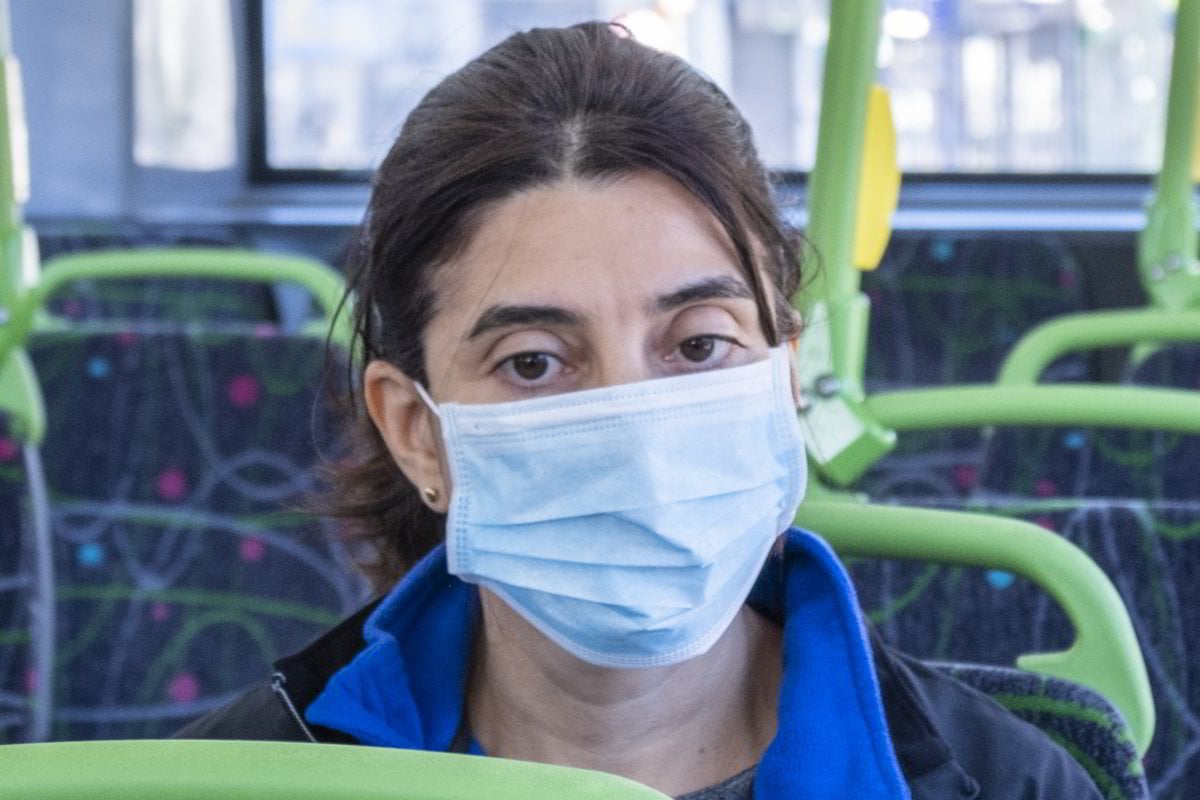
The worst place, Dr Seuss once wrote, is what he called "the waiting place".
That's how David Wolpe, a senior rabbi, sees the current moment. He relates it to a period of his own life where he was diagnosed with a brain tumour and underwent two neurosurgeries.
On a recent podcast, he said the worst place wasn't in the hospital bed. It wasn't even in the doctor's office, being told what they'd found growing inside his skull. The worst place was the waiting place - the time between having the brain scan and receiving the results.
It is the period in-between that tortures us. The not knowing can be worse than the knowing. It feels like in early 2020, the world went for a brain scan and were told things weren't looking good. The rest of the year has been waiting for the official prognosis. How many people will die? How bad is this going to get? And when is the treatment coming?
Has any historical moment been so defined by the act of waiting? World wars perhaps. But even then, the ordinary person was called to action. To work or to the frontline or to tend to the wounded. Some people surely felt useless. But there was fundamentally more to do than sit in your living room and watch the clock on the wall tick by, wondering how many more moments it would take for the world to return to normal.
There is not a person I know, and I imagine you are the same, who is OK right now. They are all, to varying degrees, not OK.

Top Comments